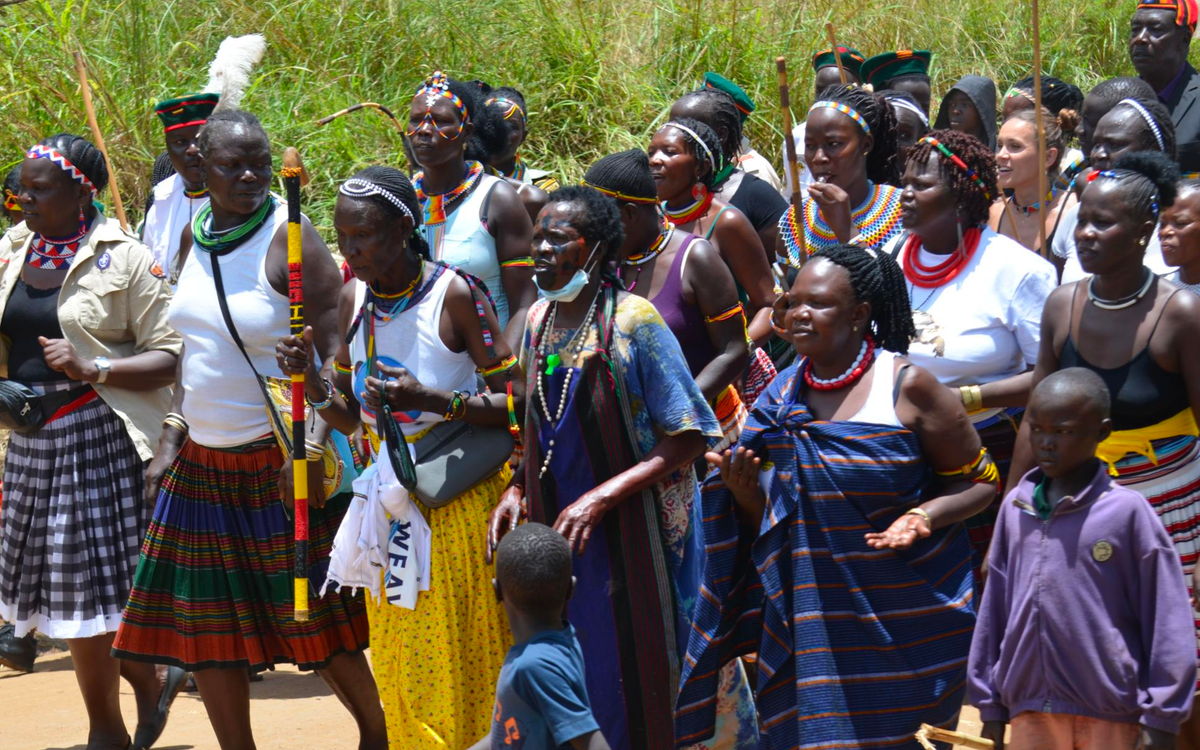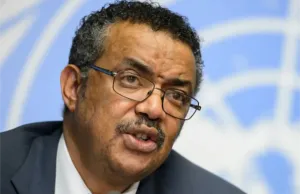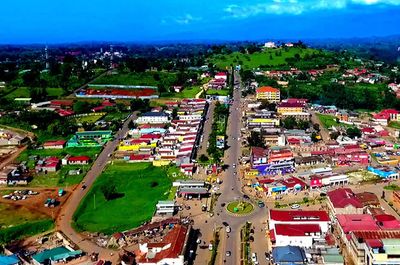
Women in the Karamoja sub-region are calling on the government to place greater emphasis on education as a strategy to end deeply rooted practices like female genital mutilation (FGM) and child marriage. During the recent Karamoja Cultural Festival held in Nakapiripirit District, women came together to express their concerns about cultural traditions that negatively affect them, stressing that education is key in the fight against FGM and early marriages.
The discussion was facilitated by the Karamoja Women’s Umbrella Organization (KAWUO) through the WEAV project, which receives joint support from the embassies of Denmark, Sweden, Ireland, and the Netherlands. The participants pointed out that ensuring girls remain in school not only empowers them but also protects them from harmful customs.
Esther Chepotumegho, a resident of Amudat District, highlighted the role of poverty and FGM in perpetuating early marriages. “We have early marriages that occur between ages 12 and 15 because girls are out of school, and parents see them as a source of wealth,” she said. Chepotumegho emphasized that despite efforts by the government and its partners, many communities have not yet fully embraced education.
She further explained that the battle against FGM is made more difficult due to Karamoja’s closeness to Kenya, where the practice is still widespread. According to her, girls often cross the border to undergo the procedure and return home already considered suitable for marriage. She called on the government to enforce stronger anti-FGM legislation and promote [“go-back-to-school”] initiatives, noting that schools offer a critical layer of protection for girls.
Amina Mashaka, a representative from Moroto District, pointed out that traditional beliefs continue to fuel issues such as child marriage, street children, and FGM. She expressed concern that children as young as 13 to 15 are already becoming mothers and leading households, a situation that persists despite ongoing awareness efforts. Mashaka urged the government to step up its efforts to safeguard children from harmful customs that defy existing laws.
Mwatum Kitui, a councilor from Moroto Municipality and the secretary for health and education, stated that efforts are underway with various partners to eliminate oppressive traditions. He referred to practices that, for example, prevent new mothers from eating until the umbilical cord falls off, and prohibit pregnant women from consuming eggs—practices that endanger women’s health. Kitui also drew attention to the widespread consumption of waragi, linking it to rising domestic violence and reduced productivity among men. He appealed to the government to consider a complete ban on the sale of waragi in the region.
Peace Mutuuzo, the State Minister for Gender and Culture, linked FGM and early marriages in Karamoja to poverty. She explained that community elders often promote the practice to prepare girls for marriage and obtain dowries. Mutuuzo emphasized the need for ongoing dialogue with elders to keep girls in school through the completion of their education. She encouraged women to be at the forefront of combating FGM by engaging husbands and elders about its harmful effects. She also recommended that local governments create bylaws at sub-county and district levels to uphold girls’ rights.














Roswell Mbabazi
Leave a Comment
Your email address will not be published.